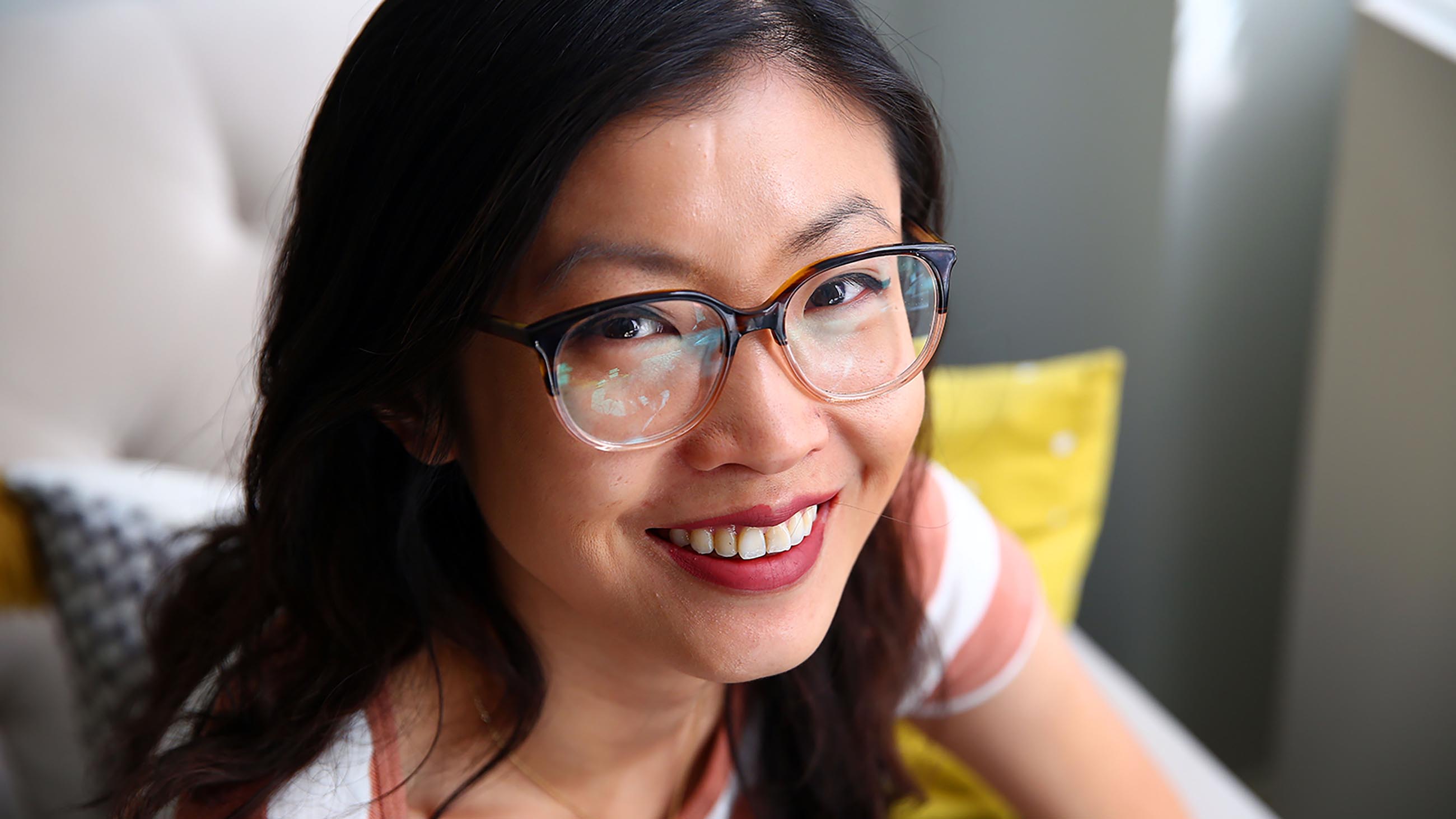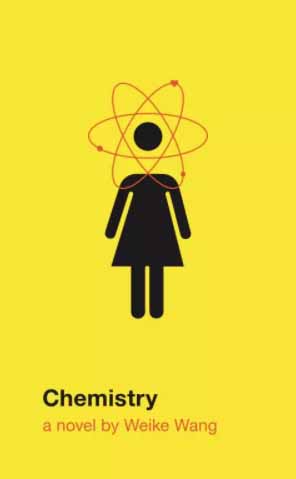Flourish or Perish: A Grad-School Novel Hits Almost Too Close to Home (original) (raw)
Weike Wang’s “Chemistry” is a novel I want to hold close to my heart and throw very far from my person. It was a struggle to read, but that is no fault of Wang’s. When I had to put the book down, I was fleeing my own memories.
BOOK REVIEW — “Chemistry,” by Weike Wang (Knopf, 224 pages).
Wang’s narrator and main character is never identified by name (just “I”), which perhaps makes it easier for readers to insert their own identities into the tale. I certainly did. Though she and I have our differences, we have two big things in common: We both pursued a Ph.D. in chemistry, and we both struggled in graduate school.
The narrator struggles with not being the perfect graduate student she thinks she should be. With not publishing enough, or not in the “right” journals. With not making enough progress — in anything. With being lost — even when the future is supposedly mapped out, Ph.D. to job to success, with happiness guaranteed.
If only the story were that straightforward. Mine wasn’t, and I’m glad Wang’s wasn’t either. A Hollywood ending would have been too easy and far less satisfying.
But before the ending, let’s go back to the beginning. At first, the narrator — a daughter of immigrants who’s pursuing a doctorate in synthetic organic chemistry at Boston University — seems to be one of those perfect graduate students, at a perfect university, surrounded by other seemingly perfect people. Then the cracks begin to show, spidering out in nearly every direction. Her research is stalled; her parents’ “tough love” seems too much of the former and not enough of the latter; her relationship with her boyfriend is out of sync, to put it mildly.
In the first few chapters, the narrator struck me as the only unsure character, but then I realized she might not be telling us the whole story. Not that she’s an unreliable narrator, exactly: She is a deeply a human one. She thinks everyone around her is smarter, more productive, with work that just — well, works. And isn’t that what I did in graduate school? Isn’t that what I still do, sometimes? There were times I raced ahead of Wang, projecting her protagonist’s fate, almost pulling a Whoopi Goldberg in “Ghost” and whispering in her ear, “Molly, you in danger, girl.”
In pursuit of a Ph.D., our narrator wrestles with her mental health — something that makes her just like her grad-student peers. Not in the book, in real life.
A sizable group of Ph.D. students experience psychological distress or [are] at risk of having or developing a common psychiatric disorder. Most prevalent are feelings of being under constant strain, unhappiness and depression, sleeping problems due to worries, inability to overcome difficulties, and not being able to enjoy day-to-day activities. The prevalence of having or developing a common psychiatric disorder was 2.43 times higher in Ph.D. students compared to the highly educated in the general population.
That passage comes from a recent paper in the journal Research Policy, based on survey data from thousands of graduate students in Flanders, Belgium. And in March, The Guardian’s Anonymous Academic blog series posted a piece pointing out that the “peculiar and vague” language typically used in universities “equates mental health problems with weakness.” Weike Wang’s main character does, her family does, her associates do. I have — as both student and professor.

Weike Wang at her home in Manhattan. Visual: Andrea Mohin/The New York Times
We talk about — and praise — “toughness,” “grit,” “perseverance,” “endurance”. What and how much are we asking people to endure? At what cost? For what? Are those who “make it through” really “better” than those who opt out, fail out, or are pushed out? Are we selecting “the best” or selecting for some personal quality that might not actually be healthy? I have no idea. But these are some of the questions that surfaced as I read this heartbreaking, uplifting novel and relived my own graduate-school path.
Fortunately, people in my profession seem to be getting the message. There’s been a shift from whispering about mental health to open dialogue. The cover story of this month’s C&EN, the magazine of the American Chemical Society, is entitled “Grappling With Graduate Student Mental Health and Suicide.” It dives into the deep end of this vexing set of issues and discusses what some universities are doing about them.
The publication of “Chemistry” seems like kismet and a fictional mirror to our real world. As in the real world, its characters fall down, sometimes stay down, and then rise up to something different. If there is no Hollywood ending, that’s mostly because it’s not what the unnamed narrator wants. Aren’t the best books usually like that?
Anyone who’s been to (or is contemplating) graduate school, or is a graduate student’s loved one or adviser, will want to pick up “Chemistry.” You may put it down for the same reasons I did. I think you’ll reach for it again, the way I did.
Raychelle Burks, a member of Undark’s advisory board, is an assistant professor of chemistry at St. Edward’s University and a science communicator who writes about chemistry in pop culture.
